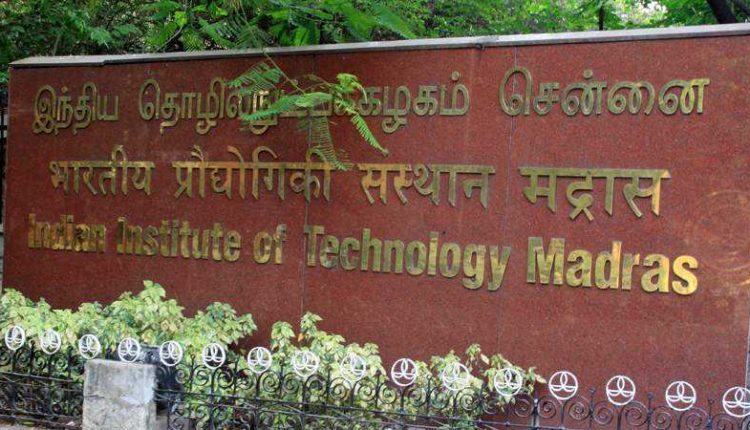IIT Madras Researchers Find New Way To Develop Effective Drugs Against HIV
Chennai: The Indian Institute of Technology (IIT), Madras researchers are engaged in developing more effective drugs for treating HIV patients. The researchers are working on a new idea using molecular dynamics simulations.
The research was published in the prestigious peer-review journal of the American Chemical Society – Biochemistry.
“AIDS is one of the most devastating diseases and is a major cause of death among youths in many parts of the world. Since its outbreak nearly four decades ago, tremendous efforts have been directed towards the development of antiretroviral therapies that target different stages in the life cycle of the virus that causes this deadly disease,” Sanjib Senapati from the Department of Biotechnology of the IIT Madras was quoted as saying by news agency PTI.
“The pressing need for better drugs to combat drug-resistant HIV strains led our researchers to delve into the molecular structure of the protease to identify weak sites that can offer a handle for better inhibitor development,” Senapati added.
The drug developers work on one of the routes to attack HIV-1 protease (HIVPR), an essential enzyme used by the AIDS virus for growth and maturation, the team said.
The researchers have aimed at developing efficient inhibitors of the enzyme – inhibitors are molecules that bind with the enzyme, thereby making it unavailable to the virus for growth and maturation.
“Current inhibitors that target HIVPR make use of the weak forces of attraction, called ‘Van der Waals’ forces’, to attach themselves to the protease molecule. Given that these forces are weak, the efficacy of the drug is variable and the virus will soon become resistant to them,” Senapati further said.
“Recent useful data obtained using analytical techniques such as neutron diffraction and NMR, on the molecular structure of the target HVPR enzyme, have encouraged us to revisit the patterns of HVPR-inhibitor binding. By using the state-of-art computational techniques, the team has uncovered vital data that can be used for design of more efficacious drugs,” he added.
ALSO READ: Make In India Initiative: IIT Kanpur Scientist Develops Low-Cost, Washable Adhesive Mat


Comments are closed.